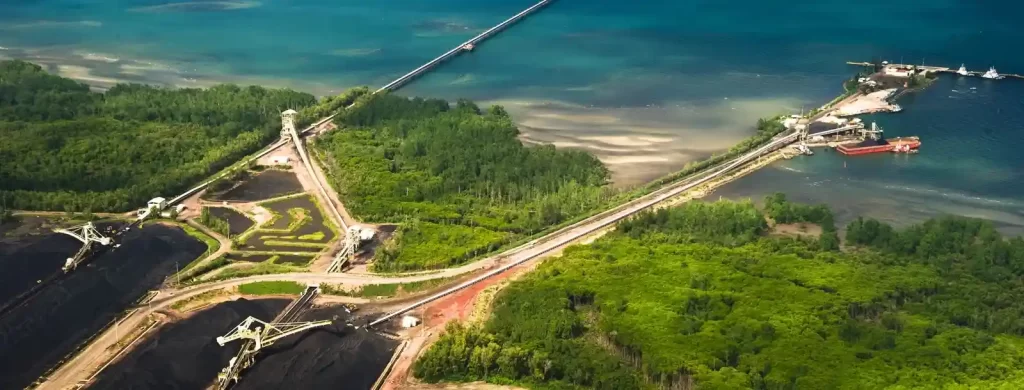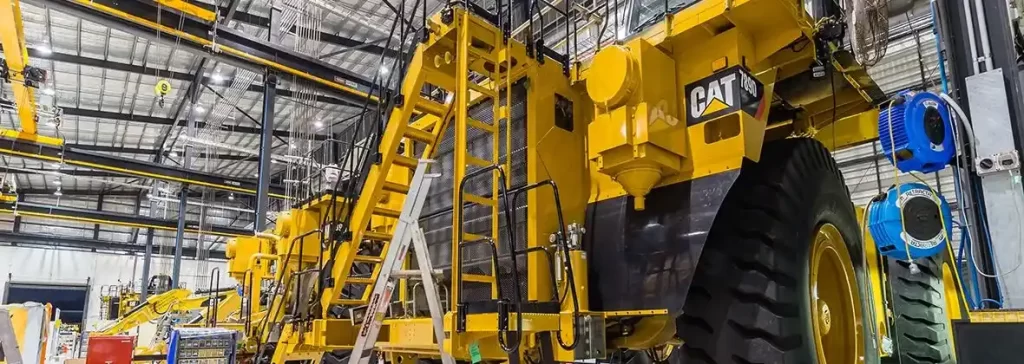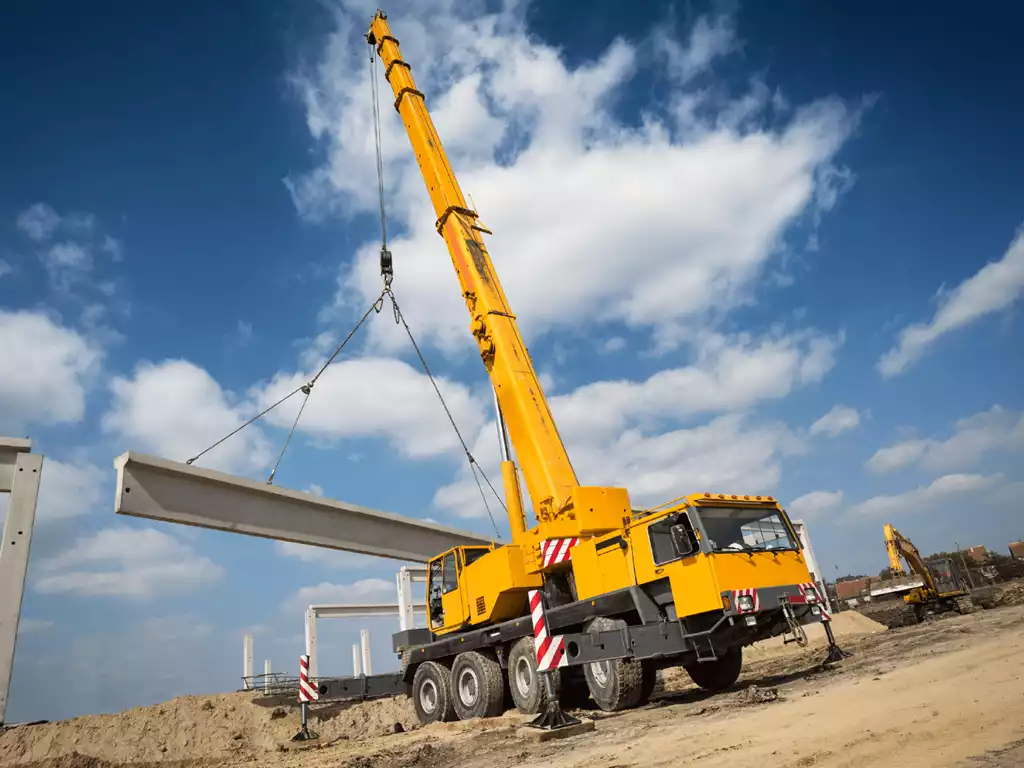Smelter: Processes, Benefits, and Its Impact on Nations
What is a Smelter?
A smelter is an industrial facility used to refine raw minerals into pure metals through a smelting process. Raw materials such as nickel ore, copper ore, or bauxite are processed in a smelter to separate metals from impurities.
Smelters play a crucial role in the mining industry by transforming raw resources into high-value products ready for use in various sectors, such as construction, electronics, automotive, and energy.

The Smelting Process in Smelters
Heating
- The ore is heated to its melting point using advanced technologies like electric or reduction furnaces.
Purification
- Pure metals are separated from impurities using chemical reactions or physical techniques.
Casting
- The purified metal is cast into semi-finished products, such as ingots or plates.
Examples of Smelters Worldwide and in Indonesia
Smelters Worldwide
Escondida Copper Smelter, Chile
- Focused on copper refining.
- One of the largest smelters in the world.
Norilsk Nickel Smelter, Russia
- Processes nickel and copper.
- Crucial for Russia’s metal industry.
Sudbury Integrated Nickel Operations, Canada
- Refines nickel and cobalt.
- Supports the global demand for electric vehicle battery materials.
Smelters in Indonesia
PT Freeport Indonesia (Gresik, East Java)
- Focuses on copper refining from the Grasberg mine in Papua.
PT Vale Indonesia (South Sulawesi)
- Processes nickel ore into nickel matte.
PT Bintan Alumina Indonesia (Bintan, Riau Islands)
- Processes bauxite into alumina.
PT Antam Tbk
- Operates a ferronickel smelter in Southeast Sulawesi.
Functions and Uses of Smelters
Adding Value
- Converts raw materials into high-value products for domestic and export markets.
Supporting Other Industries
- Smelter outputs are essential for making products like electric cables, steel structures, and electronic devices.
Advancing Downstream Policies
- Aligns with government strategies to reduce raw material exports.

Benefits of Smelters for Nations and Communities
For Nations
Increased State Revenue
- Taxes and royalties from smelter operations.
- Export of high-value products.
Industrial Resilience
- Reduces reliance on imported metals.
- Strengthens local industries.
Technology Transfer
- Utilizes advanced technologies in smelter operations.
For Communities
Job Creation
- Generates direct and indirect employment for local communities.
Infrastructure Development
- Smelters often bring road, port, and other infrastructure development.
Boosts Local Economy
- Involves SMEs in the supply chain.
Impact of Smelters: Positive and Negative
Positive Impacts
- Enhances the economic value of mining resources.
- Drives development in remote areas.
- Reduces raw material exports, increasing national revenue.
Negative Impacts
Environmental Damage
- Carbon emissions from the smelting process.
- Liquid and solid waste that can pollute the environment if not managed properly.
Social Issues
- Potential land disputes with local communities.
- Air pollution affecting residents’ health.
SSC Works Solutions for Supporting Smelter Operations
Heavy Equipment Maintenance and Repair
- Ensures heavy machinery such as excavators, loaders, and dump trucks operate optimally.
Custom Components for Smelters
- SSC Works can manufacture or repair smelter machine components with high precision.
Guaranteed Quality Services
- Fast and professional services to support uninterrupted smelter operations.
Contact SSC Works Now
Don’t let your smelter operations be hindered by equipment or machinery problems. Trust SSC Works for maintenance and repairs.
📲 Click to Connect Directly:
WhatsApp SSC Works
Conclusion
Smelters play a vital role in processing mining resources into high-quality metals. With significant benefits for nations and communities, efficient smelter operations require reliable support from partners like SSC Works.
SSC Works: Your Trusted Partner for Heavy Equipment Maintenance and Repairs in Smelter Operations!

